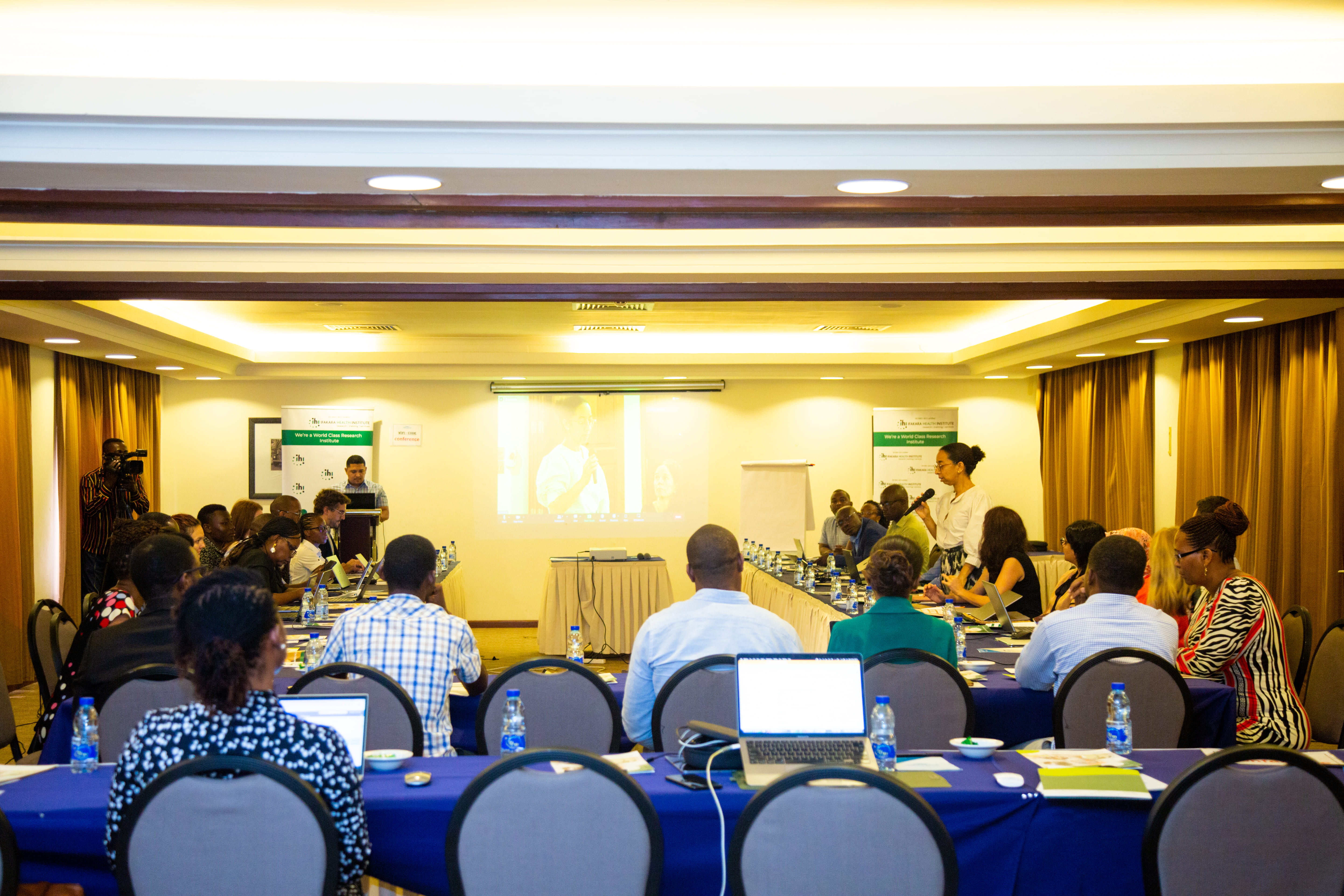
TB: New trial to improve detection in people living with HIV

A groundbreaking clinical trial, known as the EXULTANT, is set to transform the way tuberculosis (TB) is diagnosed among hospitalized people living with HIV (PLHIV) in Africa.
The trial, conducted in Tanzania and Mozambique – two countries with high HIV and TB burdens – aims to address the high burden of undiagnosed TB among this vulnerable population. By implementing an enhanced screening strategy that involves testing multiple samples for TB, the trial seeks to prompt quick treatment and ultimately reduce mortality and morbidity.
Several scientists from Africa and Europe, including Ifakara Health Institute, conducted the trial which is done under the TB-CAPT Consortium. The study is part of the EDCTP2 programme, supported by the European Union.
Outlining the aim of the trial in a study protocol published on August 15 in the BMC Infectious Diseases journal, the scientists state, “The EXULTANT trial aims to provide evidence of the effect of testing multiple non-sputum-based specimens to increase bacteriological confirmation and prompt TB treatment initiation among hospitalized PLHIV under programmatic conditions."
“The intervention advocates for a universal screening strategy among admitted PLHIV, given the consistently high burden of TB observed in numerous studies among this vulnerable population,” they added.
A comprehensive method for TB diagnosis
The EXULTANT trial is carried out in eleven hospitals across the two countries. Unlike the standard WHO guidelines, which primarily rely on symptom screening and disease severity to determine eligibility for TB testing, the EXULTANT trial introduces a more comprehensive method.
The trial will leverage already available diagnostic tests such as Xpert Ultra (in sputum) and LF-LAM (in urine), both endorsed by WHO and part of many National guidelines in high-burden TB and HIV countries.
Additionally, it introduces an innovative sample collection strategy that utilizes easily accessible non-invasive and non-sputum-based specimens. According to scientists, the enhanced screening strategy is anticipated “to detect frequently missed TB cases” that would otherwise go unnoticed under current diagnostic protocols.
“TB is an important cause of morbidity and mortality among PLHIV… Relying solely on symptoms as an initial step for further molecular testing has proven to be inadequate, due to the scarcity of sputum availability and the low sensitivity of this screening method in admitted PLHIV, leading to many TB episodes being missed.”
“The rationale for this approach is that an early and diligent TB diagnostic workup will minimize undiagnosed TB during hospitalization, consequently increasing the number of individuals correctly initiated on treatment. This approach could ultimately reduce mortality and morbidity.”
Trial participants
The trial, conducted between 2019 to 2023, involved adults aged 18 and above with confirmed HIV diagnosis, regardless of their antiretroviral therapy (ART) status or the presence of TB symptoms. This encompasses a diverse profile of HIV-positive participants receiving care from a range of different hospital facilities, various levels of care, and diverse geographical locations, in both Mozambique and Tanzania, as well as rural and urban settings, which will improve the generalizability of findings.
Participants in the trial’s intervention arm were tested using Xpert MTB/RIF Ultra® - a rapid molecular test – on three different types of specimens – sputum, stool, and urine. Other participants (in the control arm) in the study received the standard care as per WHO recommendations, allowing researchers to directly compare the new approach’s effectiveness.
Primary outcome and potential impact
“The EXULTANT trial aims to provide evidence of the effect of testing multiple non-sputum-based specimens to increase bacteriological confirmation and prompt TB treatment initiation among hospitalized PLHIV under programmatic conditions,” note the scientists.
The results from the trial could have significant implications for TB diagnosis and treatment in high-burden settings. By implementing this new diagnostic strategy, the EXULTANT trial aims to uncover TB cases that are frequently missed, ensuring that patients receive timely treatment that could save their lives.
Furthermore, the trial's findings could set a new standard of care in TB diagnosis among PLHIV, which could be scaled up and implemented in hospitals across other countries with high HIV and TB burden countries, offering a much-needed tool in the fight against these diseases.
Ifakara as part of the study team
Several scientists from Ifakara Health Institute, including Robert Ndege, Bernard Kivuma, Dorcas Mnzava, Maja Weisser, and Jerry Hella, contributed to the study.
They collaborated with colleagues from research and academic institutions across Africa and Europe, working alongside the TB-CAPT Consortium. This study is part of the EDCTP2 program, funded by the European Union.
